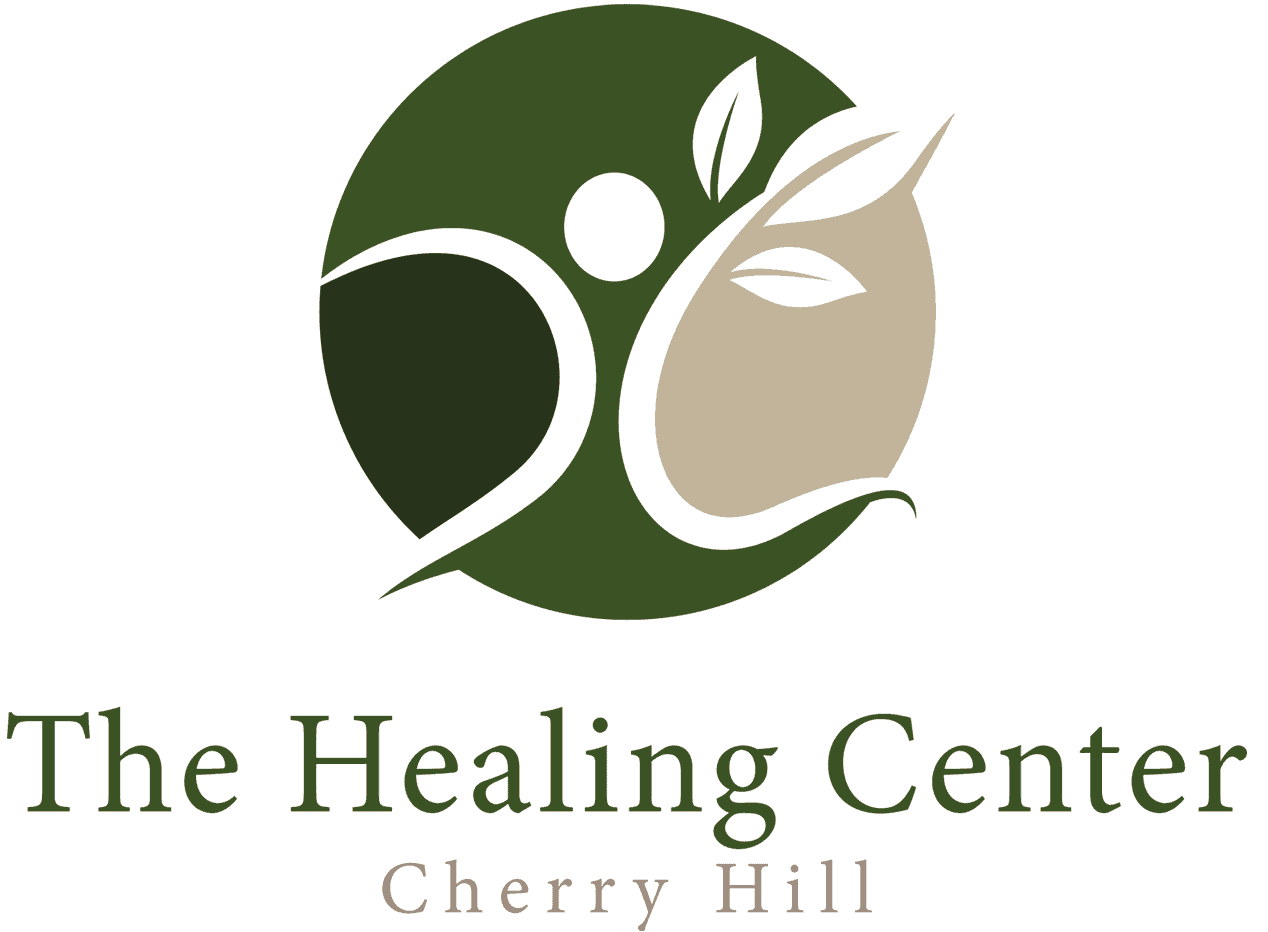Social anxiety and alcoholism often coexist, with individuals grappling with social anxiety turning to alcohol as a way to cope. This coping mechanism can go unnoticed until it becomes a severe problem. However, it’s important to understand that struggling with social anxiety does not automatically mean someone will develop alcoholism.
Many individuals do begin to struggle with alcohol as a result of social anxiety, but there is help available. Recognizing what social anxiety is, along with the signs and symptoms of alcoholism, can be the first step toward improving one’s life. The Healing Center in New Jersey is here to provide that assistance.
What is Social Anxiety?
Social anxiety is a condition characterized by an ongoing fear of being observed and evaluated by others. It can disrupt daily life, causing persistent intrusive thoughts and anxious feelings that make even routine activities uncomfortable. While managing social anxiety can be challenging, it is a manageable condition with proper treatment and support.
Anxiety and Alcohol Abuse
Anxiety can make daily life exceedingly difficult, leading to a constant sense of being on edge or under stress. This inner turmoil can make it hard to leave the house or participate in social situations. Often, individuals feel the need to have a drink to gather the courage to socialize, driven by a fear of judgment or feeling overwhelmed in crowded settings.
Alcohol, a central nervous system depressant, can temporarily alleviate feelings of fear and anxiety, creating a sense of relaxation. For many dealing with anxiety, this makes it easier to tackle everyday tasks. The Healing Center provides inpatient care to help those in need.
Social Anxiety and Self-Medicating with Alcohol
Alcohol appears to ease anxiety symptoms for some individuals, making them turn to it as a way to cope. The symptoms of anxiety can be extremely uncomfortable, and alcohol may seem like a way to make them disappear. Consequently, individuals may turn to alcohol to self-medicate when they experience anxiety symptoms.
Using alcohol to mask fear and nervousness can lead to drinking every time anxiety surfaces. This frequent use builds tolerance, requiring individuals to consume higher amounts to achieve the same effect. This can ultimately lead to dependence or addiction.
Daily alcohol consumption can lead to alcoholism, a potentially life-threatening condition. However, it is essential to understand that social anxiety and alcoholism are manageable conditions.
Signs of Social Anxiety
Social anxiety and alcoholism can both be recognized by concerned loved ones. Signs of alcoholism include a strong urge to drink, an inability to abstain from alcohol, drinking at inappropriate times, and risky behavior while drinking.
Signs of social anxiety in a loved one may include:
- Difficulty interacting with others
- Fear of judgment
- Irregular sleep patterns
- Worry about social events
- Concentration difficulties
- Avoidance of social situations
These symptoms can be distressing and life-altering. Coping with social anxiety through alcohol use can be dangerous. However, both social anxiety and alcoholism are treatable conditions. With proper support and treatment, individuals can regain control of their lives.
Dual Diagnosis Treatment
When a mental health condition coexists with a substance use disorder, it’s referred to as a dual diagnosis. Both conditions should be treated concurrently to achieve long-term recovery. Failing to address both substance use and mental health conditions is likely to result in relapse.
Since these symptoms lead to self-medication with alcohol, not treating social anxiety can lead to a similar outcome. Proper care and support for both physical addiction and mental health conditions are crucial.
Treatment for Social Anxiety and Alcoholism
Treatment for social anxiety and alcoholism often begins with a detox program to remove the substances from the system. After detox, healing continues through partial hospitalization, intensive outpatient, and outpatient programs.
Rehab for social anxiety and alcoholism is available. Seeking help promptly can prevent life from spiraling out of control, leading to recovery and regaining control over one’s life. Receiving help for social anxiety and alcoholism is a valuable gift to oneself. Learning new coping strategies to combat social anxiety and alcohol addiction can help individuals return to normal daily life.
The Healing Center Can Help
For those struggling with social anxiety, daily life can be incredibly challenging. Social situations may trigger uncomfortable and distressing feelings, making it difficult to participate without a physical response. At The Healing Center, we offer comprehensive and proven treatment methods to help individuals on their journey to healing.
Contact us today and begin your path to recovery.
